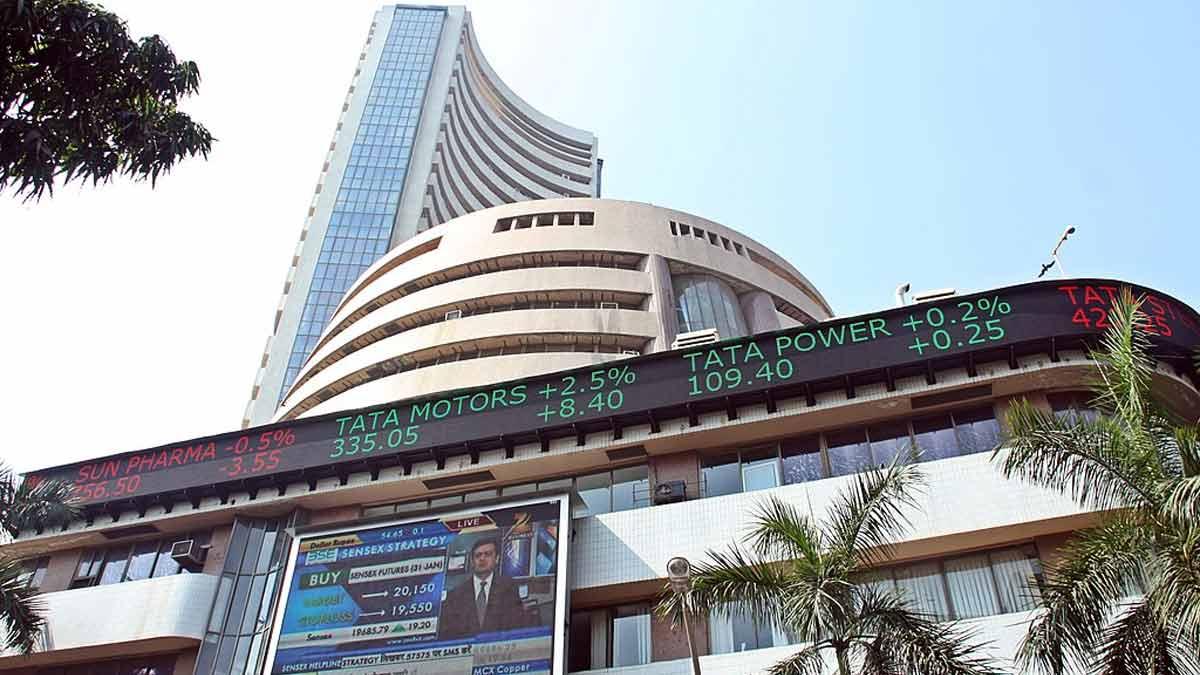India's foreign direct investment (FDI) inflows rose to $81.04 billion in the year 2024–25, a 14% rise from $71.28 billion in the last fiscal year, the Ministry of Commerce and Industry stated on Tuesday.
As per the ministry's release, this increase follows a steady trend of growth in FDI for the last 11 years. Since FY 2013–14, when inflows were $36.05 billion, India has seen consistent rise in investment, largely due to its investor-friendly and liberal FDI policies.
With the exception of a few sectors, all sectors are open to 100% FDI through the automatic route, which is attracting investors from across the world.
The services sector led the list in terms of equity inflow for FY 2024–25, receiving 19% of overall FDI. Computer hardware and software came in second at 16%, followed by trading at 8%. Specifically, FDI in the services sector surged by 40.77%, increasing to $9.35 billion from $6.64 billion during the last financial year.
The attractiveness of India as a manufacturing hub has also increased, with FDI in the sector increasing 18% to $19.04 billion from $16.12 billion in FY 2023–24.
Among the states, Maharashtra received the largest share of FDI equity inflows at 39%, followed by Karnataka with 13%, and Delhi with 12%.
Singapore remained the leading source of FDI at 30% of inflows. Mauritius came second with a 17% contribution, followed by the United States with an 11% contribution.
Between 2014 and 2025, India accumulated a whopping total of $748.78 billion in FDI—a massive 143% increase from the $308.38 billion India had received during the 11 years prior (2003–14). The amount constitutes almost 70% of the overall FDI inflows that India has seen in the last two decades, which total $1,072.36 billion.
The count of FDI source nations has also increased, from 89 in FY 2013–14 to 112 in FY 2024–25. This is an indicator of India's widening international reach as a desirable investment destination.
The state has been an important player in this change by implementing far-reaching policy changes to open up various sectors to foreign capital. During the period 2014 to 2019, reforms covered increasing FDI limits in defence, insurance, and pension, and relaxing rules in sectors like construction, civil aviation, and single-brand retail.
Additional liberalisation between 2019 and 2024 involved allowing 100% FDI through the automatic route in coal mining, contract manufacturing, and insurance intermediaries. Most recently, the 2025 Union Budget has suggested increasing the FDI limit from 74% to 100% for firms that invest all their collected premium within India, which further demonstrates the government's intentions to bring in long-term investments.
Read also| India Targets $1 Trillion in Exports by FY26, Says FIEO
Read also| BSNL Posts Consecutive Quarterly Profits for the First Time in 18 Years


















